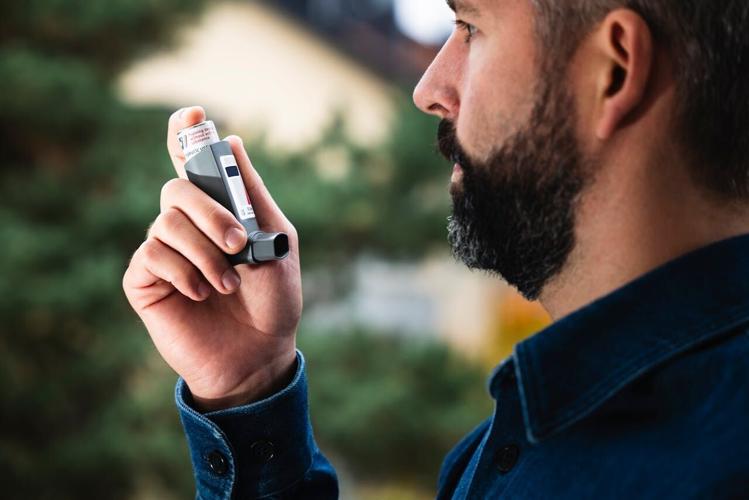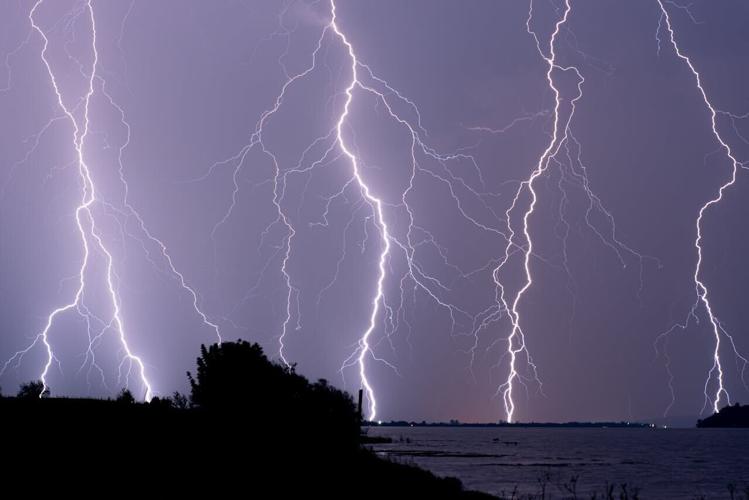
(Photo by Rô Acunha via Pexels)
By Stephen Beech
Thunderstorms can trigger a surge in serious asthma attacks, reveals a new study.
Researchers found that thunderstorms lead to "sharp" increases in asthma-related hospital visits.
Thunderstorms are considered a risk factor for asthma attacks in patients suffering from pollen allergy, according to the World Allergy Organization.
American researchers analyzed 4,439 asthma-related visits to three hospitals in Wichita, Kansas, from January 2020 to December 2024.
Using meteorological records, they identified 38 thunderstorm days during the study period.
The findings showed that around one in seven (14%) of all asthma-related hospital visits (627 cases) occurred on just 38 storm days, which represented only 2% of the calendar days in the study period.

(Photo by Cnordic Nordic via Pexels)
The average number of asthma visits was nearly 18 per day during thunderstorms, compared to just three on non-storm days.
Older age was the only demographic factor linked to increased risk of storm-related asthma ER visits.
Gender, location, and whether patients were admitted or discharged did not significantly affect the likelihood of visiting during a storm.
Study lead author Dr. Diala Merheb, of the University of Kansas Medical Center, said: “These results confirm that thunderstorms can pose a serious health risk for people with asthma."
She added: “Because storms are unpredictable, patients and healthcare providers should include storm-specific precautions in asthma action plans.”

(Photo by Gabriel Mihalcea via Pexels)
The researchers note that storm-related surges in asthma cases place a significant burden on emergency departments.
By recognising the connection between thunderstorms and asthma issues, they say communities and healthcare systems can develop preparedness strategies to protect vulnerable people and reduce strain on hospitals.
Allergist and study co-author Dr. Selina Gierer said: “If you or your child has asthma, it’s smart to think about thunderstorms the same way you prepare for high-pollen days or cold weather."
Dr. Gierer, also of the University of Kansas Medical Center, added: “Understanding triggers and having a clear plan can help avoid emergency room visits.”
The findings were presented at the annual scientific meeting of the American College of Allergy, Asthma and Immunology (ACAAI) in Orlando, Florida.























(0) comments
Welcome to the discussion.
Log In
Keep it Clean. Please avoid obscene, vulgar, lewd, racist or sexually-oriented language.
PLEASE TURN OFF YOUR CAPS LOCK.
Don't Threaten. Threats of harming another person will not be tolerated.
Be Truthful. Don't knowingly lie about anyone or anything.
Be Nice. No racism, sexism or any sort of -ism that is degrading to another person.
Be Proactive. Use the 'Report' link on each comment to let us know of abusive posts.
Share with Us. We'd love to hear eyewitness accounts, the history behind an article.